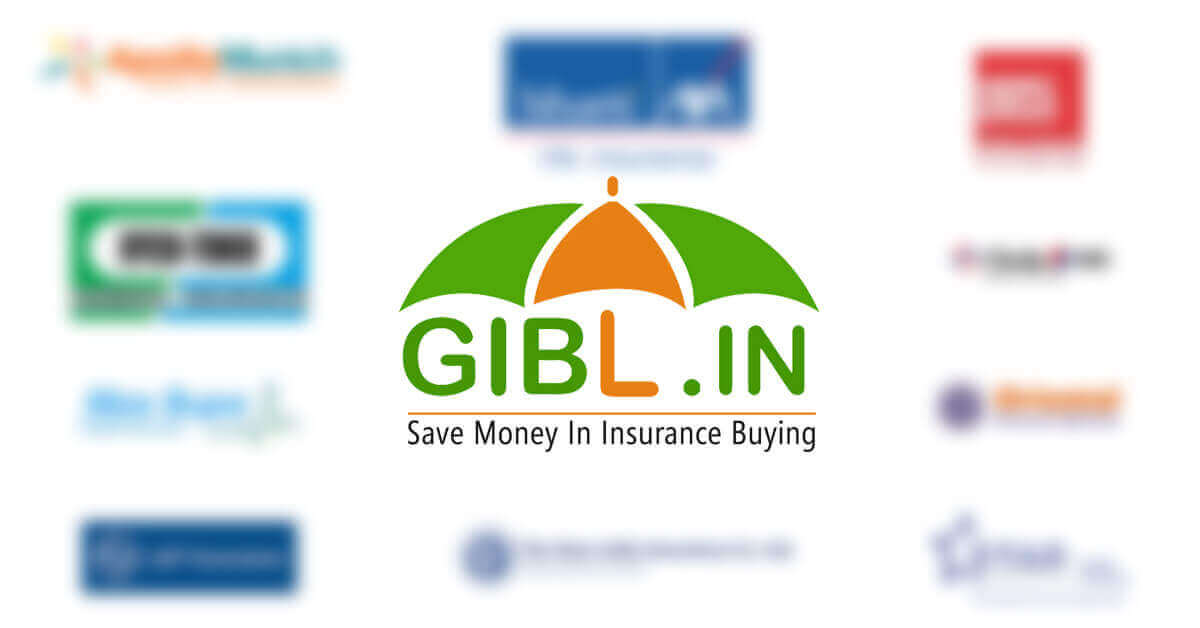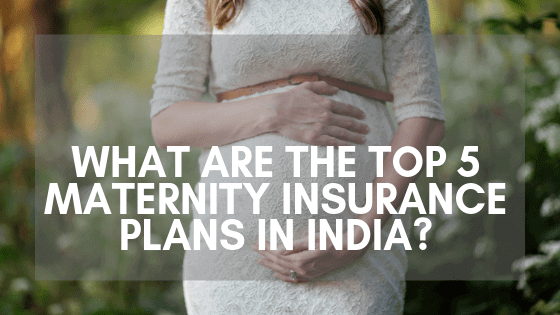Choosing the best health insurance policy might be difficult. There are several alternatives available today; however, the various premium and coverage options might make it difficult to choose which is the best.
Let's take a look at the 12-point checklist that should absolutely be on your list if you're looking for health insurance policies in India.
12 Checklist for Buying Health Insurance
1. Determine who you'd like to be covered
It is critical that you finalize the list of persons for whom you will offer coverage. You should also consider their health situation. You must guarantee that the majority of your family members for whom you are responsible are covered. If you have elderly family members who must be insured, you should choose medical insurance based on their health circumstances. If you are married and hoping to have a child, you should pick a medical insurance plan that includes maternity coverage as well as coverage for prenatal and postnatal treatment costs.
Pro Tip: Pick a health plan that fits your life stage!
2. Buying health insurance early on might be helpful in the long term
It's a good idea to get health insurance coverage as soon as possible so that you can get the help you need in the event of a medical emergency. Many teenagers believe they are healthy and do not require health insurance. There are even many people who look for low-cost health insurance premiums throughout their lives. When you are young, though, health insurance rates are minimal, as is the danger to your health. As you become older, your susceptibility to illnesses increases, which insurance companies take into account as a risk factor.
Pro Tip: The earlier you buy health insurance, the better because you'll have more coverage with fewer exclusions.
3. While determining the sum insured, keep the future in mind
You must not make the error of determining the amount of the sum insured based on current medical bills. As people get older, their hospital bills will rise as well. After around 15-20 years, your significant health insurance claims would be filed. So, if the average medical cost now is approximately INR 1 lakh, it would be between INR 10 lakh and INR 15 lakh in 15 years. This is owing to medical service cost growth, which is expected to be roughly 7.5 percent over the next 20 years. As a result, you should choose medical insurance with a large sum covered to cover medical bills in an emergency.
4. Your financial constraints
When selecting health insurance coverage, you should think about the future. At the same time, you must consider your financial constraints. Because you have a consistent income presently, investing in health insurance coverage would be a simple chore.
Pro Tip: Check your premium affordability and choose the biggest sum insured feasible, even if it means getting a super-top-up plan in addition to your base plan, so you don't run out of coverage when you need it most.
5. Choose between Individual or family floater health insurance policies
You must choose if an individual health insurance policy or a family floater plan is the preferable option. Generally, family health insurance policies are a popular choice since a single sum insured may cover the entire family. When compared to an individual health insurance plan, the premium amount would be cheaper.
Pro Tip: If you have a family member who is approximately 55 years old or has health problems, you should acquire an individual policy for him in addition to the Family Floater plan. If one person makes a lot of claims over the year, others won't have any coverage left over.
6. Examine your way of living and the hazards it poses to your health
It is vital to evaluate your lifestyle and health risks before getting health insurance. If you are physically fit and maintain a healthy lifestyle, you are in good shape when it comes to your health insurance policy's sum insured and coverage. However, if you smoke or do not live an extraordinarily healthy lifestyle, you should purchase a health insurance policy with broad coverage.
Pro Tip: Pick a health plan that fits your lifestyle! Many plans provide discounts or wellness certificates to nonsmokers and those who live a healthy lifestyle.
7. Network of Hospitals
You should look over the list of network hospitals covered by the insurance carrier you've chosen. It's a good idea to see whether the good hospitals in your area are included in the network list. This will allow you to get cashless hospitalization coverage in the event of a medical emergency.
8. Give preference to the policies that do not impose a capping on room rent
After a few years, when you may require hospitalization, you will undoubtedly discover that the capping restrictions do not correspond to the current hospital room rent. You could have to pay for the hospital room's rent out of your own pocket in this situation.
If the room rent rises by 1% every year, it will rise by 6% in six years. So, while shopping for health insurance today, look for a package that includes the option of private rooms.
Pro Tip: You should double-check the number of sub-limits and their application to policies. It lowers the amount owed on the claim.
9. Market reputation
Your health insurance provider's market reputation is crucial. Check the insurer's reputation online, read reviews, and talk to others about their experiences, such as friends and family. You should also look at the insurance provider's claim settlement ratio and the size of its network.
Pro Tip: Because health plans are transferable, you don't have to be concerned about your health insurance provider. So, if you don't like the service of one insurance provider, you can always shift it to another and keep the continuity advantages.
10. Portability alternatives
You should be aware of the portability choices offered by your health insurance carrier. You can move your medical insurance policy to another insurance provider if you are dissatisfied with the features and benefits are given by your health insurance policy or their service.
11. Exclusions due to pre-existing conditions and other factors
Pre-existing conditions are a typical occurrence, and health insurance coverage is required. Pre-existing ailments including cataracts, hysterectomies, kidney stone procedures, knee replacement surgeries, and so on would always come with a waiting time. To learn about the waiting time, read the policy page carefully. It can be as short as two years in certain circumstances, and as long as four years in others.
Likewise, you must be aware of any treatments, diseases, or medical tests that are not covered by your health insurance policy. If you are unaware of your health insurance policy's exclusions, you will be responsible for any medical expenditures incurred as a result of such exclusions.
Pro Tip: It's always a good idea to study your policy document thoroughly to learn about the exclusions. You may also cancel it for free during the first 15 days of the free trial term.
12. Read health insurance company reviews
To make a purchase, you need to conduct research on the insurance policies you have identified. You might look for negative reviews online or ask individuals you know about a company's reputation for settling claims and responding to policyholders in crisis situations. Traditionally, we have put our faith in the advice of our relatives and friends, and we have chosen health insurance based on their recommendations. While there is no wrong in seeking advice, you should also conduct your own research.
Conclusion
As a result of the fast rise in the cost of medical services, every individual must obtain health insurance coverage. To the average person, however, all medical insurance coverage may appear to be the same. As a result, this checklist will assist you in picking the finest health insurance coverage with less effort.
If you don't have comprehensive health insurance, you may find yourself unable to pay hospital expenses due to rising medical expenditures throughout the world. Health insurance policies not only provide peace of mind in the event of a medical emergency but also provide tax benefits. A layperson, on the other hand, may find all policies to be identical, and this 12-point checklist will help him or her select the greatest health insurance plan in India in 2022.
At GIBL, you can quickly and simply compare all health insurance plans available in India and review all 12 points to make an informed selection. Once you've decided on a health insurance policy, you may purchase it by making a payment through the GIBL site and receiving a soft copy of the policy through email.












